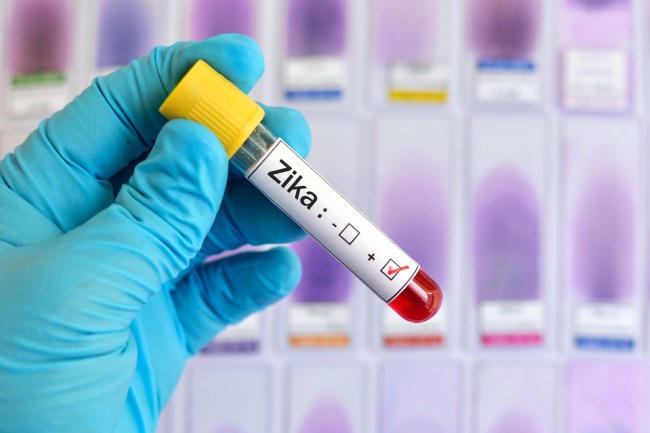-
Tips for becoming a good boxer - November 6, 2020
-
7 expert tips for making your hens night a memorable one - November 6, 2020
-
5 reasons to host your Christmas party on a cruise boat - November 6, 2020
-
What to do when you’re charged with a crime - November 6, 2020
-
Should you get one or multiple dogs? Here’s all you need to know - November 3, 2020
-
A Guide: How to Build Your Very Own Magic Mirror - February 14, 2019
-
Our Top Inspirational Baseball Stars - November 24, 2018
-
Five Tech Tools That Will Help You Turn Your Blog into a Business - November 24, 2018
-
How to Indulge on Vacation without Expanding Your Waist - November 9, 2018
-
5 Strategies for Businesses to Appeal to Today’s Increasingly Mobile-Crazed Customers - November 9, 2018
CDC outlines guidance to reduce sexual transmission of Zika
Federal health officials are recommending men who have traveled to countries with Zika activity use condoms or abstain from sex to avoid spreading the virus to their pregnant sex partners. If the man lives in or has traveled to an active Zika area the couple may consider using condoms or abstaining from sex.
Advertisement
So far, there has been no demonstrated spread of Zika from a woman to any of her sex partners.
How long people are at risk is unclear, the CDC said, and researchers are trying to determine that now. What they do know is the virus contracted through the bite of an infected mosquito and can be sexually transmitted.
Spain said Thursday that a pregnant woman who had returned from Colombia had been diagnosed with the Zika virus, in the first such known European case.
Although symptoms are mild and pose little threat to the general population, babies born to infected women often suffer from impaired brain development that creates smaller-than-normal head size.
Representatives of the U.S. Centres for Disease Control and Prevention (CDC), have been conducting research on the Zika virus along with local experts in Brazil since the country reported Zika infection cases, according to the ministry. “We’ll just have to wait and see”. “We’re always going to err on the side of safety”, said CDC Director Dr. Tom Frieden, during a telephone press conference.
It also issued new guidelines for both pregnant women and women of reproductive age who live in affected areas.
Sexual transmission of Zika is believed to be rare.
Zika, which is spreading through the Americas and can cause birth defects if pregnant women become infected, was declared an global emergency by the World Health Organisation (WHO) on Monday.
Scott’s office said Florida now has the capacity to test only 475 people for the mosquito-borne virus, which was detected previous year in Brazil and has spread to other countries.
Advertisement
That’s why major USA blood banks say people should not donate blood if they’ve traveled in the last 28 days to Mexico, the Caribbean, South or Central America.





























